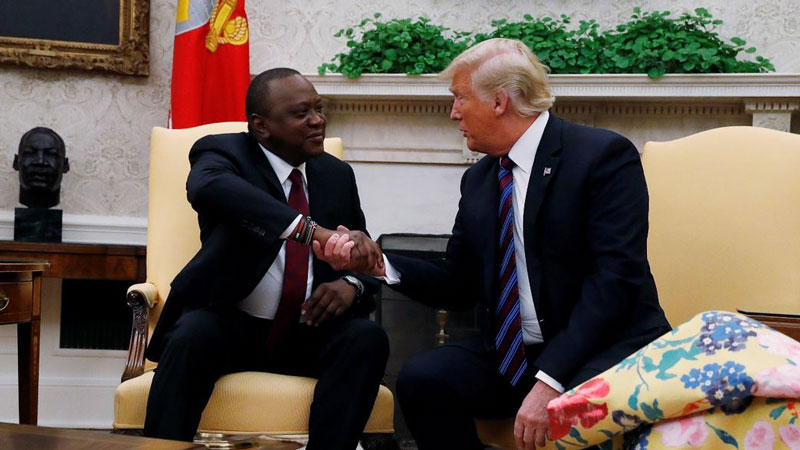The African Development Bank and Food and Agriculture Organization (FAO) have partnered to enhance the agricultural sector investments in Africa to end hunger and malnutrition and increase prosperity throughout the continent. They are committed to generate up to $100 million over five years, to support joint partnership activities.
Specifically, the new strategic alliance seeks to enhance the quality and impact of investment in food security, nutrition, social protection, agriculture, forestry, fisheries and rural development.
AFDB President Akinwumi Adesina and FAO Director-General José Graziano da Silva signed the agreement, which builds on a longstanding collaboration between their organizations, at the UN agency’s Rome headquarters.
“FAO and the AFDB are deepening and broadening our partnership to assist African countries achieves sustainable development goals. Leveraging investments in agriculture, including from the private sector, is key to lift millions of people from hunger and poverty in Africa and to ensure that enough food is produced and that enough rural jobs are created for the continent’s growing population.”
The aim is to improve agricultural policies, markets, infrastructure and institutions to ensure that agricultural value chains are well developed and that improved technologies are made available to reach several millions farmers.
The strengthened partnership between the AFDB and FAO envisages a collaborative program of action with a series of outcomes, including: better and more effective AFDB financed investment operations; increased public-private-partnership investments; a better investment climate and portfolio performance; and, advocacy and joint resources mobilization.
FAO’s technical assistance would cover areas such as sustainable agricultural intensification and diversification, scaling up value chain innovations, youth in agriculture and agribusiness, agricultural statistics, climate smart agriculture, blue growth/blue economy, food security and nutrition, agri-food system, food safety and standards, women’s economic empowerment, promotion of responsible private investments, resilience and risk management and capacity building for transition states.
The collaborative program would be created through an initial financial contribution of up to $15 million by the two institutions.
Joint advocacy and policy advice activities will include the promotion of the Voluntary Guidelines on the Responsible Governance of Tenure of Land, Fisheries and Forests and the Principles for Responsible Investment in Agriculture and Food Systems, both endorsed by the Committee on World Food Security.


